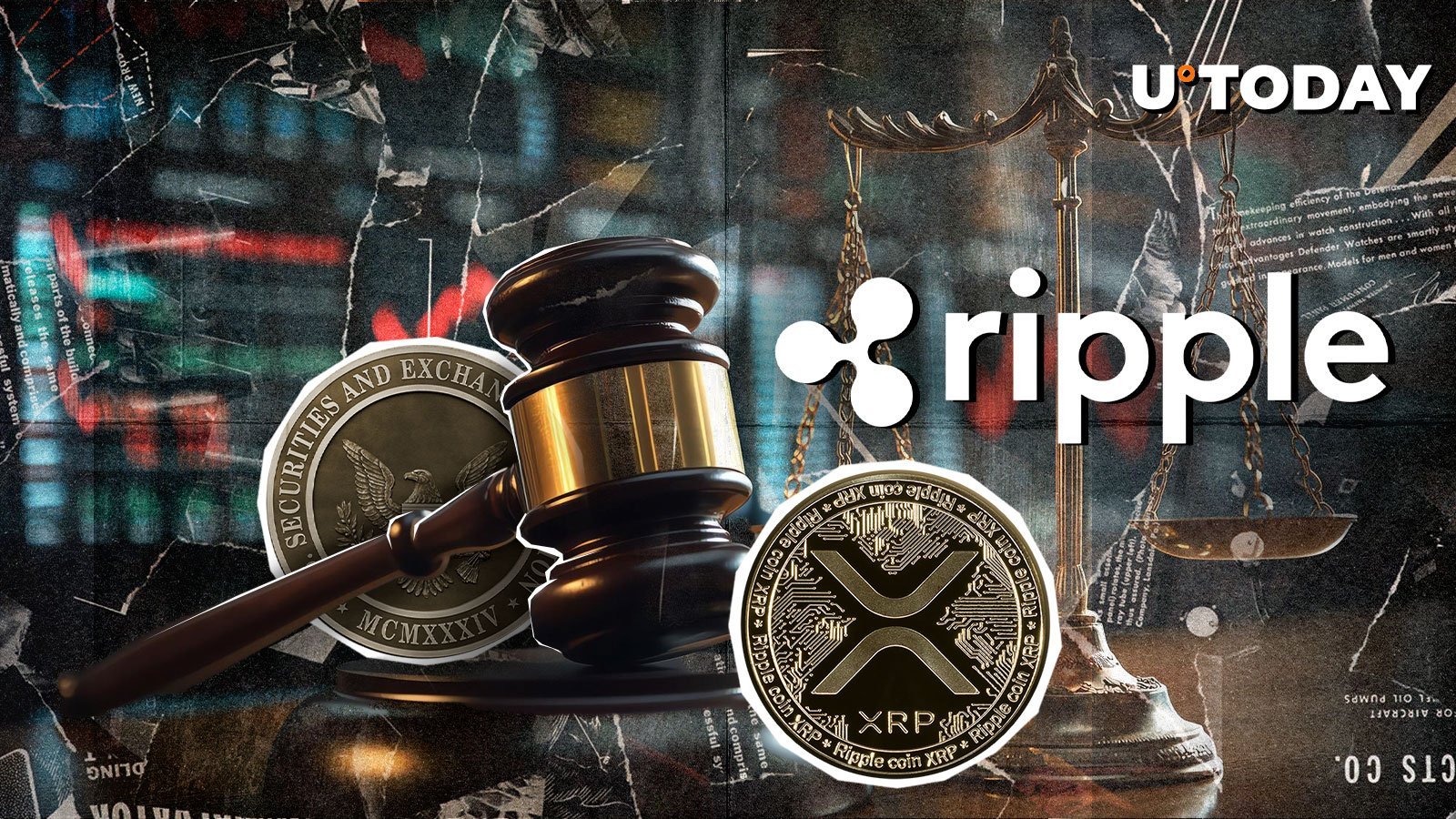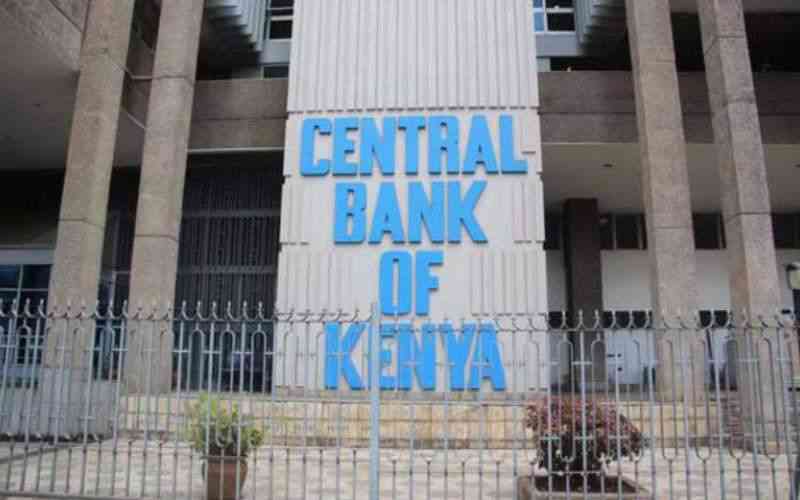Pope Leo Warns Leaders on Artificial Intelligence Pitfalls

Pope Leo XIV has issued a renewed and emphatic call for deeper consideration into the potential ramifications of artificial intelligence (AI) on humanity, with a particular focus on the development and well-being of children and young people. These significant remarks were delivered on Saturday during the Second Annual Rome Conference on Artificial Intelligence, where the pontiff welcomed Italian Prime Minister Giorgia Meloni and parliamentary delegations representing 68 nations to the Vatican.
Central to Pope Leo's message was the assertion that AI must serve as a tool for the betterment of human beings, rather than a means to diminish or replace them. He underscored the profound difference between AI's 'static memory' and the 'creative, dynamic' power of human memory, emphasizing that 'our personal life has greater value than any algorithm, and social relationships require spaces for development that far transcend the limited patterns that any soulless machine can pre-package.'
While acknowledging the undeniable advantages offered by advanced computing, Pope Leo XIV cautioned against the existential threat AI poses to human understanding of life and reality. He specifically highlighted generative AI, noting its capacity to open new horizons in fields such as healthcare research and scientific discovery, yet simultaneously raising 'troubling questions on its possible repercussions on humanity's openness to truth and beauty, on our distinctive ability to grasp and process reality.' Since his papacy began in May, Leo has consistently addressed AI's societal impact, advocating for 'serious reflection' on its 'inherently ethical dimension' and stressing that respect for the unique nature of human existence is paramount in any discussion regarding its implementation and regulation.
The pontiff articulated a shared concern for the younger generations, stating, 'All of us, I am sure, are concerned for children and young people, and the possible consequences of the use of AI on their intellectual and neurological development.' He insisted that 'our youth must be helped, and not hindered, in their journey towards maturity and true responsibility,' recognizing them as 'our hope for the future.'
Addressing the often-touted benefits of AI, such as increased access to information and the potential for workers to pursue more fulfilling creative tasks, Pope Leo warned against the fallacy of equating 'access to data' with genuine intelligence. He asserted that 'authentic wisdom has more to do with recognizing the true meaning of life, than with the availability of data.' Furthermore, he cautioned against AI's potential for 'misuse for selfish gain at the expense of others, or worse, to foment conflict and aggression.'
Pope Leo tied societal well-being directly to the nurturing of young people's capabilities, stating, 'Society's well-being depends upon their being given the ability to develop their God-given gifts and capabilities, and to respond to the demands of the times and the needs of others with a free and generous spirit.' This, he added, necessitates considering not only the material well-being of the human person but also their intellectual and spiritual dimensions, safeguarding 'the inviolable dignity of each human person and respecting the cultural and spiritual riches and diversity of the world's peoples.'
The Catholic Church, as stated by Leo, is committed to fostering a peaceful and thoughtful public discourse on the advent of AI and its implications for 'the future of our human family.' A final concern raised by the pontiff pertained to the strains AI could place on intergenerational relationships, emphasizing the need for a 'necessary intergenerational apprenticeship that will enable young people to integrate truth into their moral and spiritual life, thus informing their mature decisions and opening the path towards a world of greater solidarity and unity.' Concluding his address, Pope Leo XIV reminded lawmakers of their vital task to protect 'healthy, fair and sound lifestyles, especially for the good of younger generations.'
You may also like...
Changing Cultures: How Africa Sips It's Alcohol

Discover which countries sip the most alcohol in Africa, and the health impacts this could have on the long run.
SEC Confirms Ripple's Victory: Legal Battle Concludes as Fundraising Greenlit!

The U.S. Securities and Exchange Commission has concluded its lengthy legal battle with Ripple, issuing a critical waive...
Legal Firestorm: South Korean Ex-President's Wife Targeted in High-Stakes Arrest Warrant

South Korean investigators have secured an arrest warrant for Kim Keon Hee, the wife of jailed former President Yoon Suk...
ASEAN-Brokered Breakthrough: Thailand & Cambodia Edge Closer to Historic Border Deal

Thailand and Cambodia engaged in high-level talks in Malaysia, initiated by ASEAN, to address escalating border tensions...
Kenya's Central Bank Slashes Key Rate to 9.5%: Economic Impact Looms

Kenya's Central Bank has lowered its benchmark rate to 9.50 percent, continuing its policy to stimulate economic activit...
Is Humanity Trading Connection for AI Comfort? A Deep Dive

As individuals increasingly turn to AI for emotional support, questions arise about the erosion of human connection. Thi...
Local Tragedy: Hotel Under Construction Collapses in Edo, Claims Owner's Life

A hotel under construction in Uromi, Benin City, collapsed, tragically killing its owner, Andrew Isesere. Eyewitnesses a...
Naked Gun Remake Delivers Laughs, Neeson & Anderson's Chemistry Wows!

This season's film releases offer a diverse lineup, highlighted by the highly successful "The Naked Gun" remake, starrin...




